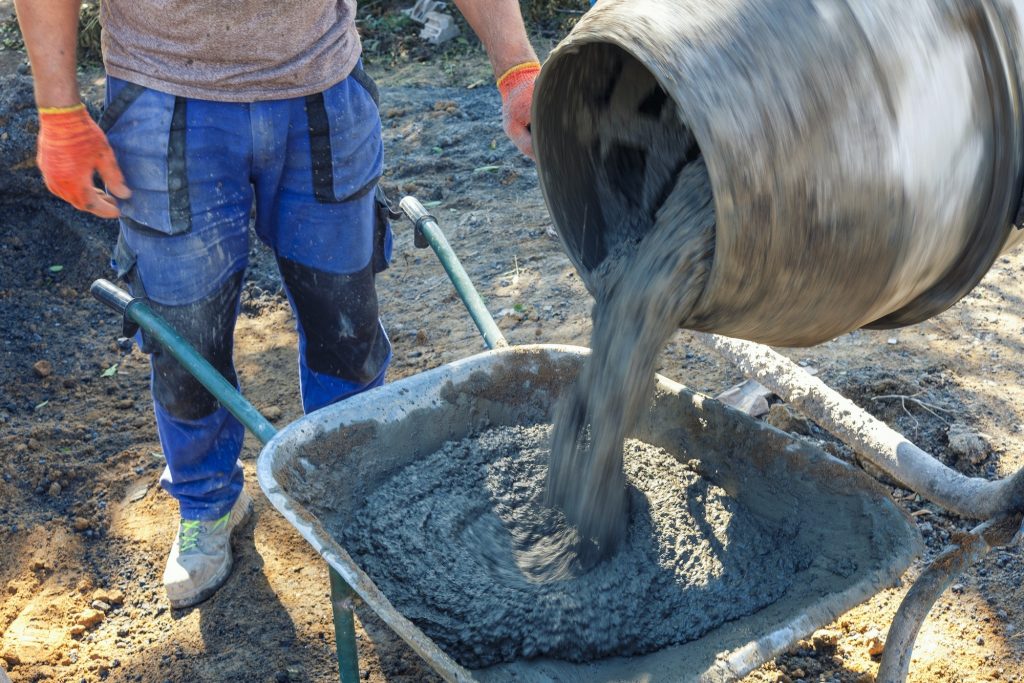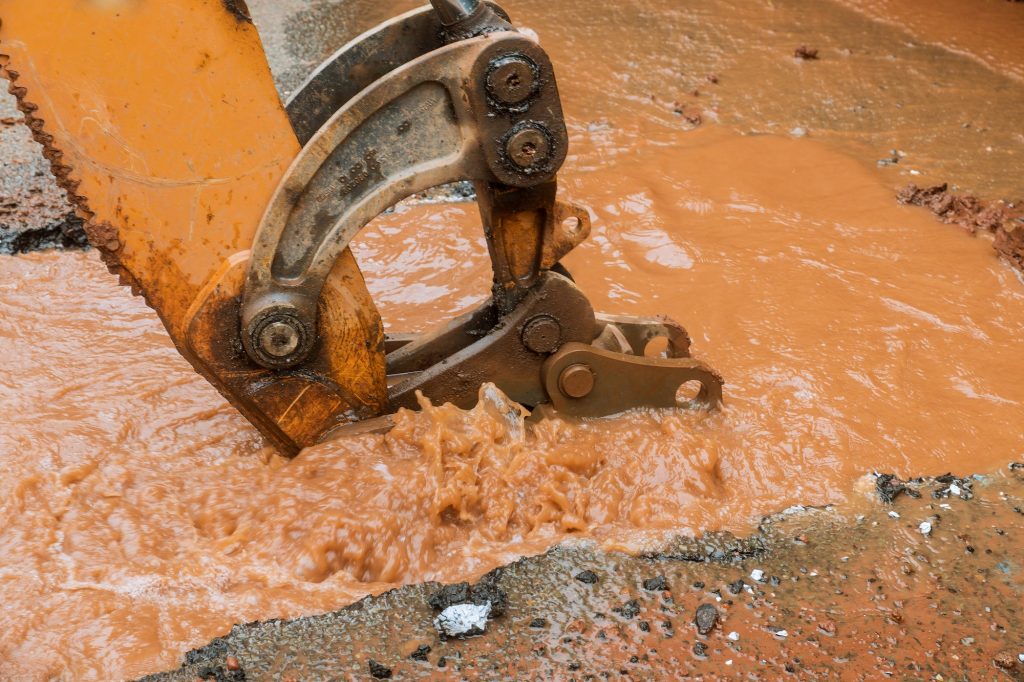Understanding the Science of Water Filters
Water filters are an essential component in ensuring the safety and purity of the water we consume. They work by removing impurities, contaminants, and other unwanted particles from the water, making it safe to drink and use for various household and industrial purposes.
The Different Types of Water Filters
There are several different types of water filters available on the market, each with its own unique set of characteristics and capabilities. The most common types include:
- Sediment filters: These filters are designed to remove larger particles such as dirt, sand, and rust from the water. They are typically made of a porous material, such as ceramic or pleated polypropylene, and are effective at trapping particles as small as 5 microns in size.
- Carbon filters: Carbon filters use activated carbon to remove impurities from the water. Activated carbon is a highly porous material that effectively removes chlorine, chloramines, and other dissolved contaminants from the water.
- Reverse osmosis (RO) filters: These filters use a semi-permeable membrane to remove dissolved impurities from the water. The membrane acts as a barrier, allowing only water molecules to pass through while trapping larger particles and dissolved impurities.
- Ultraviolet (UV) filters: UV filters use ultraviolet light to kill bacteria, viruses, and other microorganisms in the water. They are highly effective at eliminating bacteria and viruses, but do not remove dissolved impurities or larger particles.
How Water Filters Work
Water filters work by passing the water through a series of filtration stages that remove impurities and contaminants. The specific filtration stages will depend on the type of filter being used.
For example, sediment filters work by trapping larger particles in the water, such as dirt and sand, as it passes through the filter. Carbon filters, on the other hand, use activated carbon to remove dissolved impurities, such as chlorine and chloramines, from the water.
Reverse osmosis filters use a semi-permeable membrane to remove dissolved impurities from the water. The membrane acts as a barrier, allowing only water molecules to pass through while trapping larger particles and dissolved impurities.
UV filters use ultraviolet light to kill bacteria, viruses, and other microorganisms in the water. The UV light alters the DNA of the microorganisms, making it impossible for them to reproduce and ultimately killing them.
The Importance of Regular Maintenance
It is important to regularly maintain and replace the filters in your water filtration system to ensure it continues to function at peak performance. Sediment and carbon filters should be replaced every 6 to 12 months, depending on usage and the quality of the incoming water. Reverse osmosis and UV filters have a longer lifespan and may only need to be replaced every 2 to 3 years.
Regular maintenance also includes cleaning the system and checking for any leaks or damage. This will ensure that your water filtration system continues to provide safe and pure water for you and your family.
Conclusion
Water filters play a vital role in ensuring the safety and purity of the water we consume. They work by removing impurities, contaminants, and other unwanted particles from the water, making it safe to drink and use for various household and industrial purposes. Understanding the different types of filters available and how they work, as well as regular maintenance, will ensure that your water filtration system continues to provide safe and pure water for you and your family.



